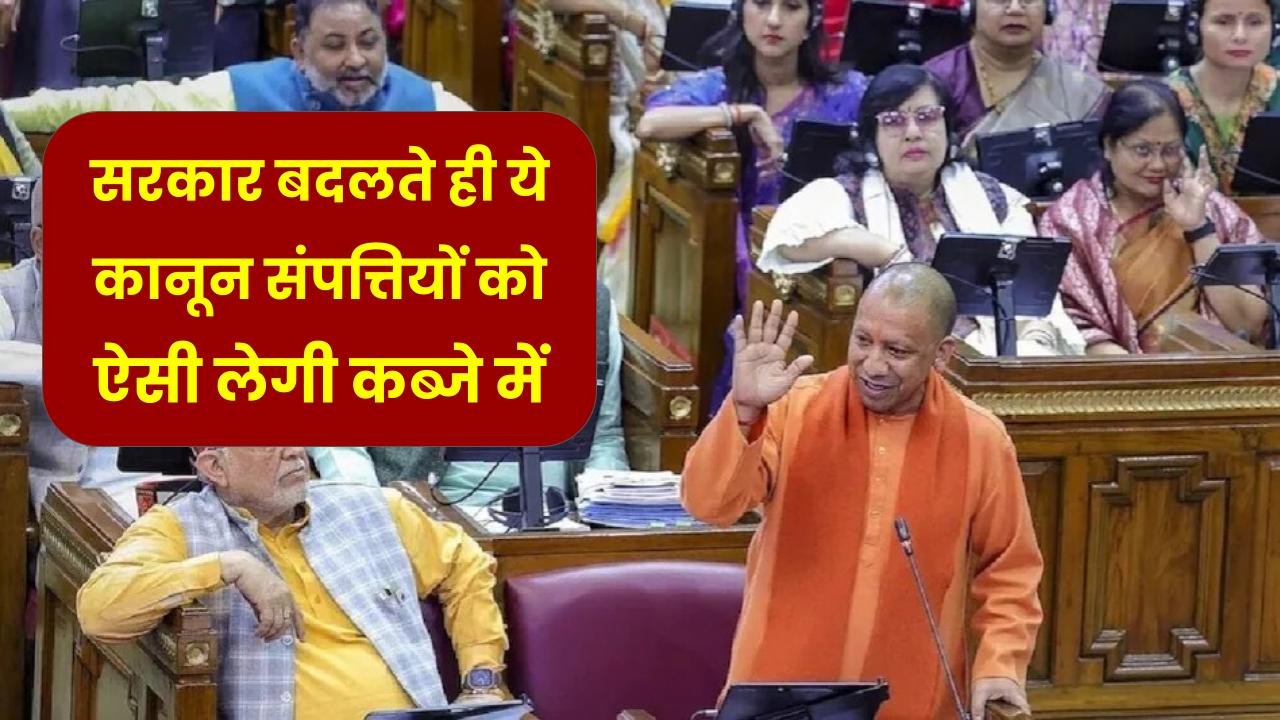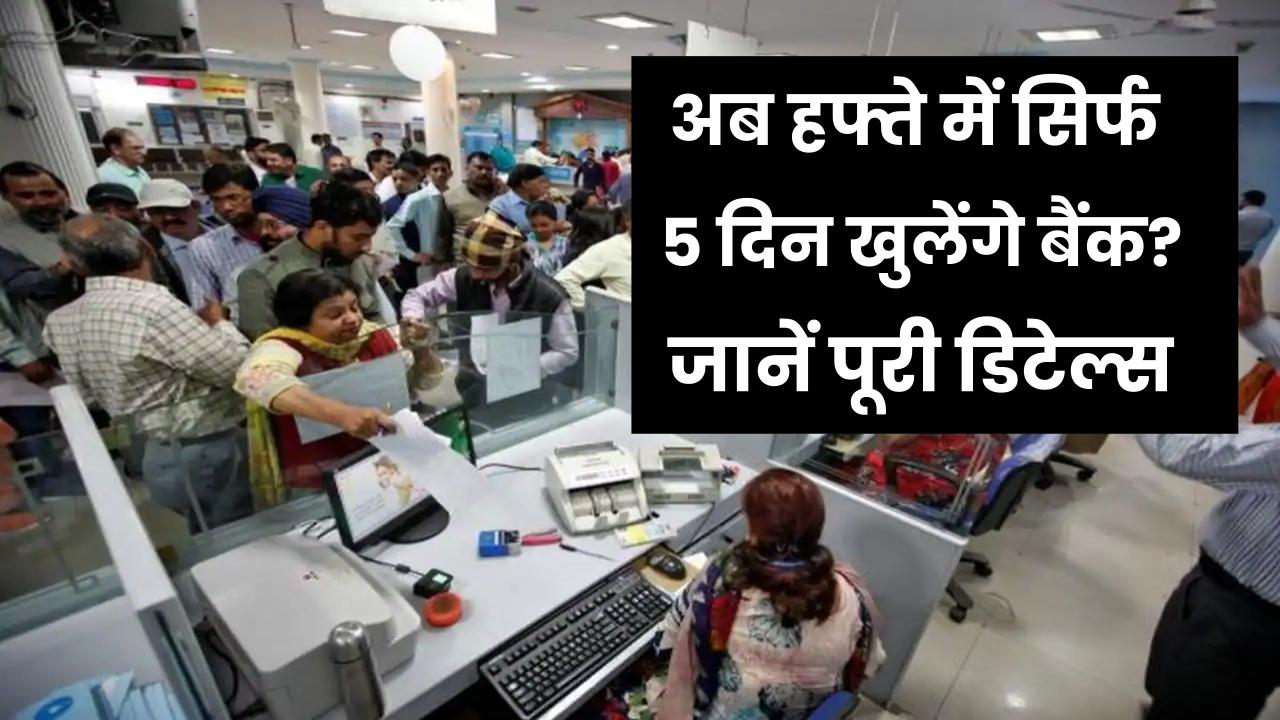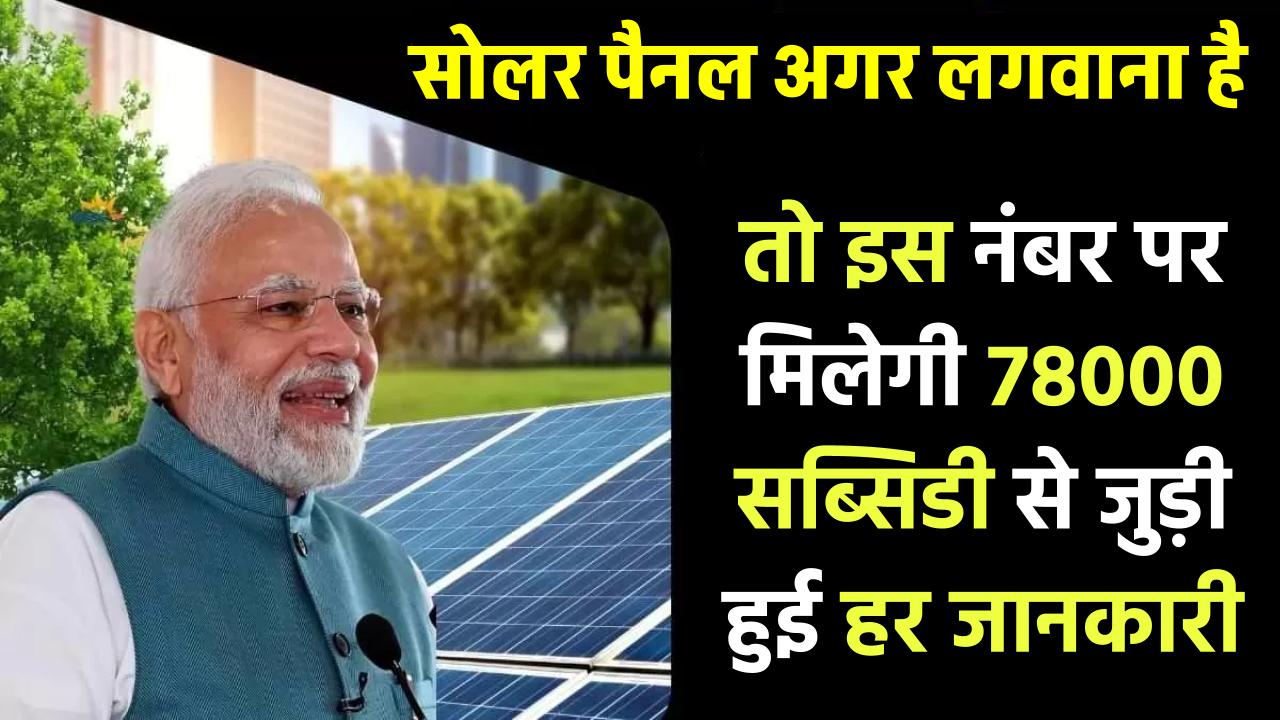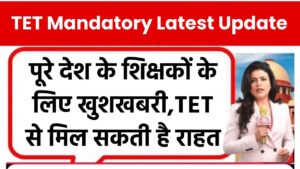
India’s ₹2,500 crore automaker compensation cess will expire on 22 September under the rollout of GST 2.0, prompting price cuts by leading carmakers even as dealers face significant financial losses.
What Is the ₹2,500 Crore Automaker Cess?
The automaker compensation cess, introduced as part of the original Goods and Services Tax (GST) regime in 2017, was designed to compensate states for revenue loss during the transition to GST. For the automobile sector, this meant an additional cess of 1% to 22%, depending on the vehicle category, on top of the base 28% GST rate.
According to the Central Board of Indirect Taxes and Customs (CBIC), the cess accumulated by carmakers and dealers is currently valued at over ₹2,500 crore. This figure represents Input Tax Credit (ITC) balances on unsold inventory or carried forward from earlier tax periods.
With the implementation of GST 2.0 from 22 September 2025, this cess will be completely removed, and tax rates will be realigned into simplified slabs. This change will invalidate any unclaimed compensation cess credits, rendering them financially unusable.
“These balances will lapse. There is no provision under the law for refund or transfer,” said CBIC Chairman Sanjay Kumar Agarwal, speaking at a press briefing on 5 September.
GST 2.0: What Changes for the Auto Sector?
Simplified Tax Structure
Under GST 2.0, vehicle classifications will be taxed under two main brackets:
- 18% for small cars and certain commercial vehicles
- 40% for larger vehicles, including SUVs and high-end passenger cars
This replaces the previous system that levied 28% GST plus a varying cess. For popular models like the Hyundai Creta, Tata Nexon, or Mahindra Thar, the new regime could reduce on-road prices by up to ₹1.5 lakh, according to estimates from the Society of Indian Automobile Manufacturers (SIAM).
How Are Carmakers Responding?
Tata and Audi Announce Immediate Price Cuts
Tata Motors, India’s third-largest passenger vehicle manufacturer, stated on 9 September that it would fully pass on the GST benefits to consumers.
“Prices of passenger vehicles will be reduced by up to ₹1.55 lakh from 22 September to reflect the revised GST structure,” said Shailesh Chandra, Managing Director, Tata Motors Passenger Vehicles and Electric Mobility divisions.
Audi India also announced sweeping reductions of ₹2.6 lakh to ₹7.8 lakh across its model range.
“We welcome the GST reforms and are happy to make luxury more accessible,” said Balbir Singh Dhillon, Head of Audi India.
These moves are expected to prompt similar announcements from other automakers, especially in the competitive mid-size SUV and electric vehicle (EV) segments.
What About Car Dealers?
Inventory Woes and Working Capital Crisis
While consumers may benefit from lower prices, dealers holding unsold inventory purchased under the old tax regime face a severe setback. According to the Federation of Automobile Dealers Associations (FADA), dealers may lose ₹2,500 crore collectively in non-refundable cess credits.
“The cess balances represent a sunk cost. We urge the government to consider a transitional credit mechanism,” said Manish Raj Singhania, President of FADA, in a letter to Prime Minister Narendra Modi and Finance Minister Nirmala Sitharaman.
FADA estimates that over 600,000 vehicles in dealer stockpiles were invoiced prior to the GST 2.0 transition deadline. These vehicles, if sold after 22 September, will fall under the new regime, making the existing cess credits legally ineligible for offset or refund.
Legal and Policy Response
With no legislative provision to claim these cess credits after 22 September, some dealers are reportedly exploring legal recourse.
According to a report by Moneycontrol, several dealership chains have sought opinions from tax law firms to challenge the lapsing of credits under Article 14 (Right to Equality) and Article 300A (Right to Property) of the Indian Constitution.
Meanwhile, the Ministry of Finance has reiterated that the law was communicated in advance and that transitional provisions were part of earlier GST Council deliberations in mid-2024.
Will Car Prices Fall Significantly?
Mass Market and Luxury Segments Likely to Benefit
Vehicle categories expected to see notable price reductions include:
- Sub-4-metre compact SUVs like the Tata Punch and Maruti Brezza
- Mid-size SUVs such as the Hyundai Creta and Kia Seltos
- Luxury cars from brands like Audi, BMW, and Mercedes-Benz
“We expect price declines of 3% to 8% across most segments,” said Saket Mehra, Automotive Sector Leader at Grant Thornton Bharat.
However, some experts caution that final pricing will depend on how manufacturers and dealers share the burden of the cess write-off.
Implications Beyond the Auto Industry
The outcome of this transition could set a precedent for how India manages tax credits during systemic policy shifts. Sectors like real estate, pharmaceuticals, and electronics—which also rely heavily on input tax credits—are watching the developments closely.
GST 2.0 Reforms Expected to Boost Indian Economy by ₹20 Lakh Crore
Concluding Remarks
The expiry of the ₹2,500 crore automaker compensation cess marks a significant shift in India’s tax landscape. While the simplified GST regime is expected to enhance transparency and reduce prices for consumers, the transition has exposed gaps in policy safeguards for dealers and small businesses.
Unless corrective action is taken, India’s ambitious tax reform may risk eroding trust among critical distribution stakeholders, even as it aims to modernise indirect taxation.














